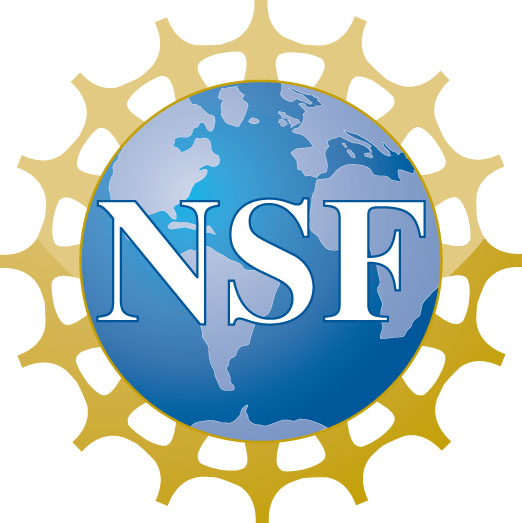 myCSUSM
myCSUSMLSAMP Program
Louis Stokes Alliance for Minority Participation Program
The Louis Stokes Alliance for Minority Participation (LSAMP) program is a joint project of the National Science Foundation and The California State University.
Objectives
-
To increase the number of students from underrepresented groups graduating from college with degrees in Science, Technology, and Mathematics (STEM)
-
To increase the number of students from underrepresented groups who pursue graduate studies in STEM.
Program activities and possible compensation, first and second year students summer career awareness
- Up to $300 stipend to attend workshops.
- STEM Textbook Loan - A limited number of textbooks are available for loan for LSAMP participants.
- Supplemental Instruction.
- Academic year workshops and science seminars.
Program activities and possible compensation, third and fourth year students
- Supplemental Instruction.
- Academic year workshops and seminars.
- Attend professional conferences.
- Support for registration & travel.
- Participation in supervised research with faculty.
- Up to $4000/year stipend.
- STEM Textbook Loan -A limited number of textbooks are available for loan for LSAMP participants.
- Assistance with preparation for GRE and grad school applications.
Eligibility Requirements
- US citizen or permanent resident.
- Enrolled as an undergraduate major in a science, technology or math discipline (or have an expressed interest in pursuing a STEM baccalaureate degree).
- An individual who has faced or faces social, educational, or economic barriers to careers in STEM.
Interested in applying to the LSAMP program?
If you have any questions about applying to the LSAMP program, please feel free to contact ctree@csusm.edu or 760-750-3680.







